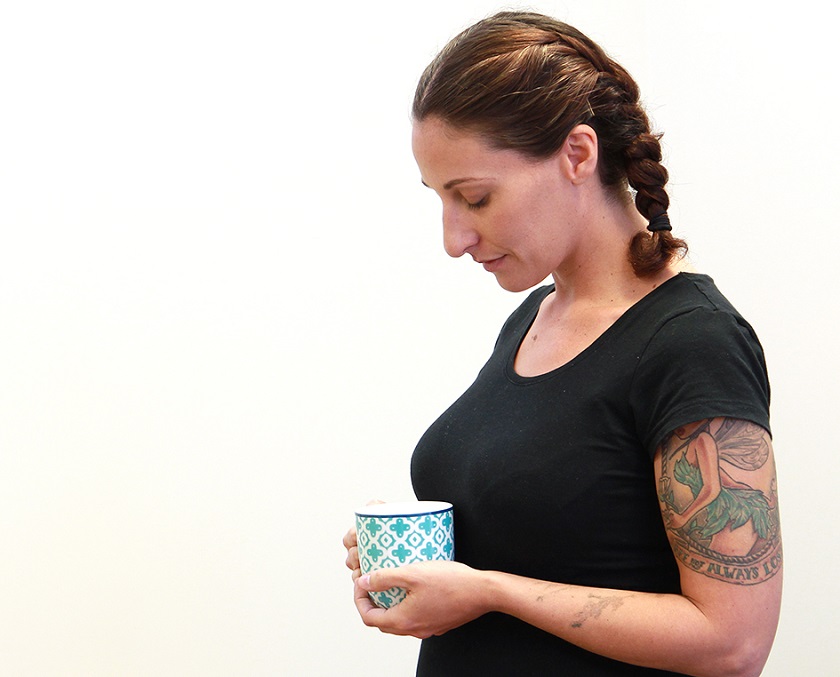Recent research suggests that one in four Australians report feelings of loneliness and isolation.
While young adults (aged 15 to 25) and older adults (those aged over 75) are the most vulnerable, loneliness can affect people from all walks of life.
Why is loneliness so prevalent?
Whether you are from a socially excluded group such as the LGBTI community, or experiencing a major life transition such as starting at a new school or a new job, becoming a new parent, relationship breakdowns or loss of loved ones - many find it difficult to make and maintain meaningful connections to people and community.
As a society we have become more mobile. We move more often and travel further to work. A quick catch up after work isn’t as enticing when you’re facing a 90 minute journey home.
Flexible work and study options also mean less incidental contact with colleagues and fellow students. More people live alone than ever before. Families are getting smaller and there is less intergenerational contact.
While it may be argued that we have more opportunities than ever before to meet a wide range of people, in real life and on-line, we are often less rooted to a place and community.
It is meaningful contact where you truly know and value others and feel known and valued, not the frequency and volume of contact, that protects you from loneliness.
What can you do?
1. Don’t be embarrassed to acknowledge you are feeling lonely. You are definitely not alone in this. Remember, you are one in four!
2. Start small. Saying ‘hello, how’s your day going?’ as you are buying coffee at the local shops or to a work colleague you haven’t yet met, a smile and greeting to a stranger at the bus stop, a quick chat to a fellow dog-walker you encounter in your neighbourhood – all of these little interactions can help you to build social confidence and feel more connected to your community.
3. Put yourself out there and find your tribe. Say yes to invitations you may normally refuse, sit with someone when you are on a lunch break rather than eating at your desk, ask questions and share a little about yourself, find people with similar interests – take a class, join a group, play a team sport.
4. Volunteer. Helping others to feel less lonely can be the best way to combat your own loneliness.
5. Use social media wisely. Connecting to others online can be a fantastic way to build and maintain relationships. The trick is to be discerning. If you find you are constantly comparing yourself and your life to others’ lives on a forum, this is not the right forum for you. Remember that it is the meaningful relationship where you can be yourself, not feel judged, and where you know and value others that will protect you from loneliness in the long run.
6. Seek help for underlying mental health issues. Sometimes a reluctance to socialise isn’t as simple as being new, ‘out of practice’ or shy. If you experience extreme anxiety in social situations, find it hard to cope with basic day-to-day activities, feel little joy or fun even when you make the effort to socialise, or find you get into conflict in lots of relationships you may need some additional help.
St John of God Burwood and Richmond hospitals offer a variety of inpatient and outpatient programs including, including help for anxiety and depression, alcohol and drug addiction, and self-esteem.







